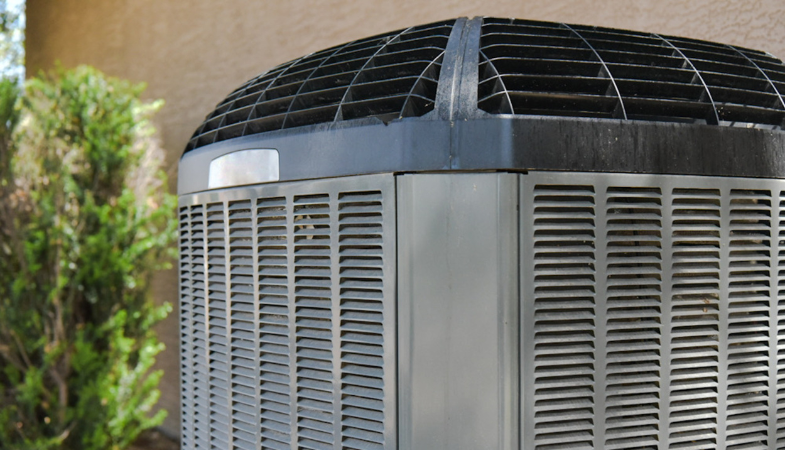Starting in 2020, it will be illegal to import or produce R-22 refrigerant—also referred to as freon—in the United States due to a ban implemented by the Environmental Protection Agency (EPA). The R22 refrigerant/freon ban is the result of a lengthy effort by the EPA to phase out the most common air-conditioning coolant. R-22 will cease production at the end of 2019.
Why Was R-22 Banned?
After years of extensive testing, the EPA determined that R-22 can cause long-term damage to the ozone layer. On January 1, 2010, the agency banned the coolant after classifying it as an ozone-depleting substance and implemented a 10-year process to phase it out of production. The EPA also banned the manufacture and installation of new R-22-reliant AC and heat pump systems.
Are There Alternative Refrigerants?
The EPA is instead backing R-410A, an environmentally friendly alternative to R-22. AC and heat pump manufacturers have already redesigned their inventory to accommodate the chlorine-free refrigerant. However, R-410A offers little help to you if your AC unit is not equipped to use alternative coolants.
What Does the R22 Refrigerant Freon Ban Mean for Your AC?
If your AC unit was built and installed before 2010, then you likely rely on R-22 refrigerant to cool your home or business. While R-22 is bad for the environment, it is still widely used. Even though production and importation of R-22 will soon stop in the U.S., it will still be legal to purchase existing R-22 and have your R-22 AC or heat pump systems serviced. But, it will cost you.
What Does the R-22 Ban Mean for Your Wallet?
HVAC professionals are trying to get the word out on the quickly approaching R-22 refrigerant freon ban deadline to ensure their customers are aware of its possible financial ramifications. Due to scarcity of the substance, the cost of R-22 is already ballooning. In fact, R-22 prices are currently listed at quadruple the amount of R-410A, and they could surge higher.
Consider The Facts
1. If everything is working properly, your AC should never need a Freon/refrigerant refill. In fact, a central air conditioner should never need refrigerant added unless there’s a refrigerant leak. If there is a refrigerant leak, it should be repaired before adding more refrigerant which will simply leak out again. Admittedly, some leaks are small and it may take some time to leak out, but some are not. Refrigerant, particularly R-22, is costly and if leaking, bad for our environment.
2. A frozen coil on an AC system typically indicates a loss of Freon/refrigerant causing more ice to grow until the air conditioner cannot work at all. Loss of refrigerant can also threaten to damage the compressor, leading to it overheating.
Find the Right Orlando Air Conditioning Company
If your Orlando AC unit relies on R-22 refrigerant, don’t sweat it! The licensed professionals at Climate Design can satisfy all of your heating and cooling needs. Our AC technicians will examine your AC or heating equipment, identify its refrigerant type, and recommend repair or replacement options that fit your budget. To schedule your inspection, call us today at (407) 647-3785.




